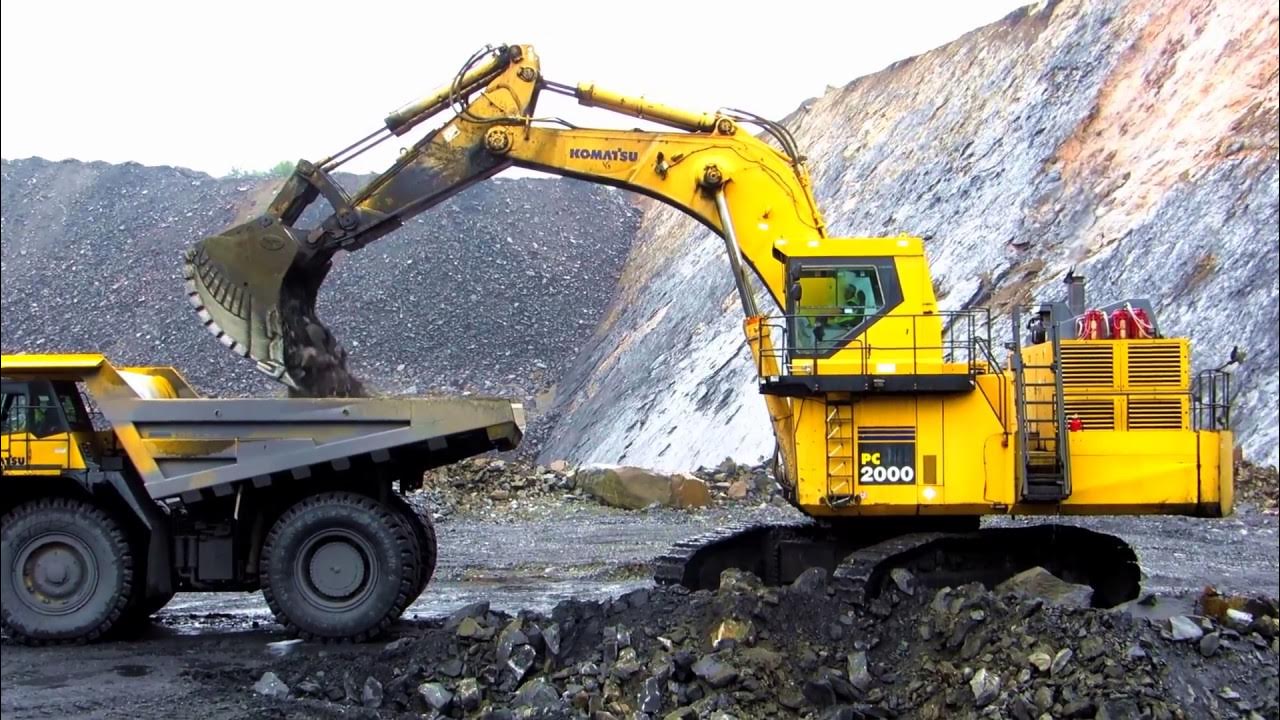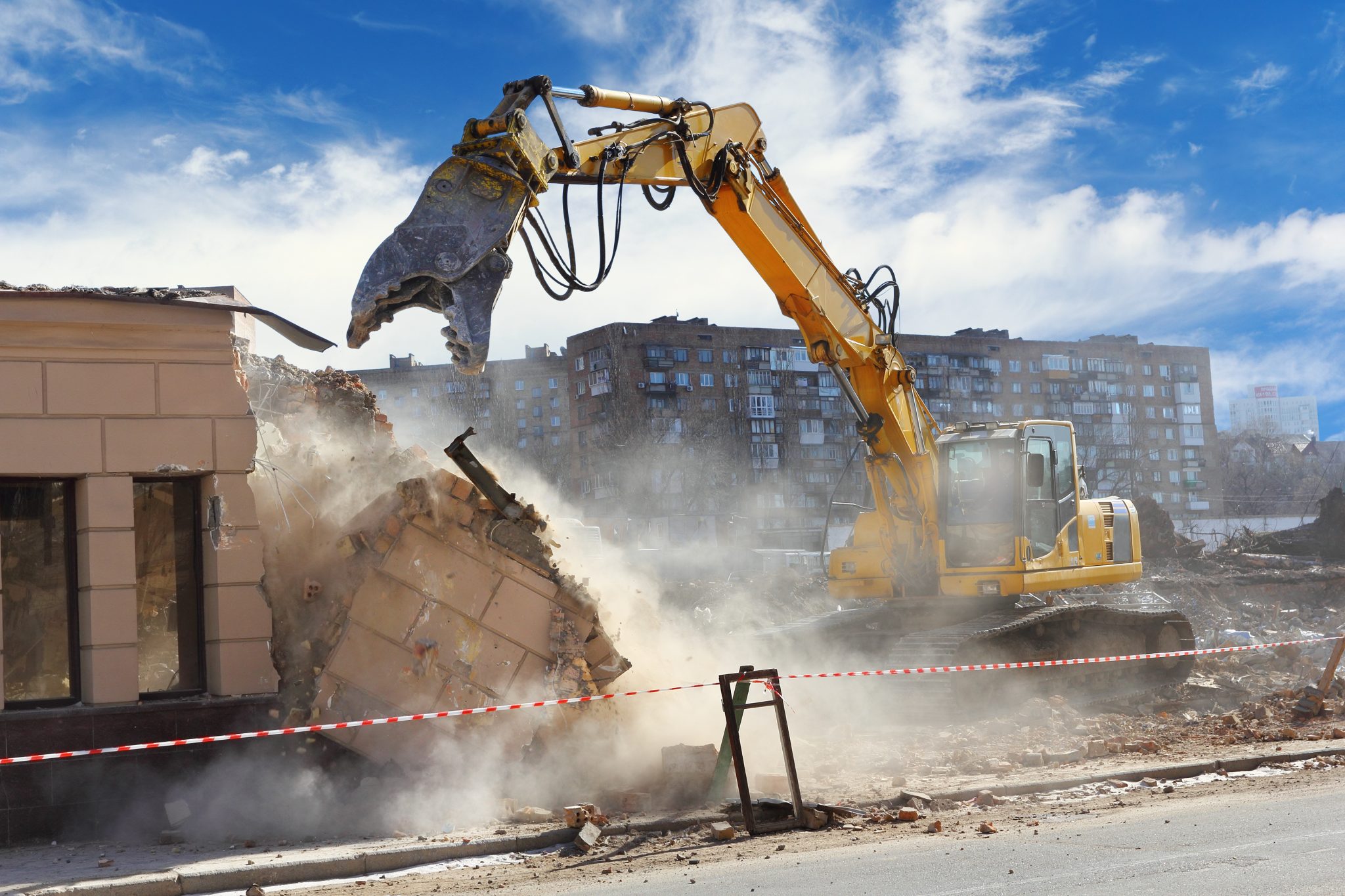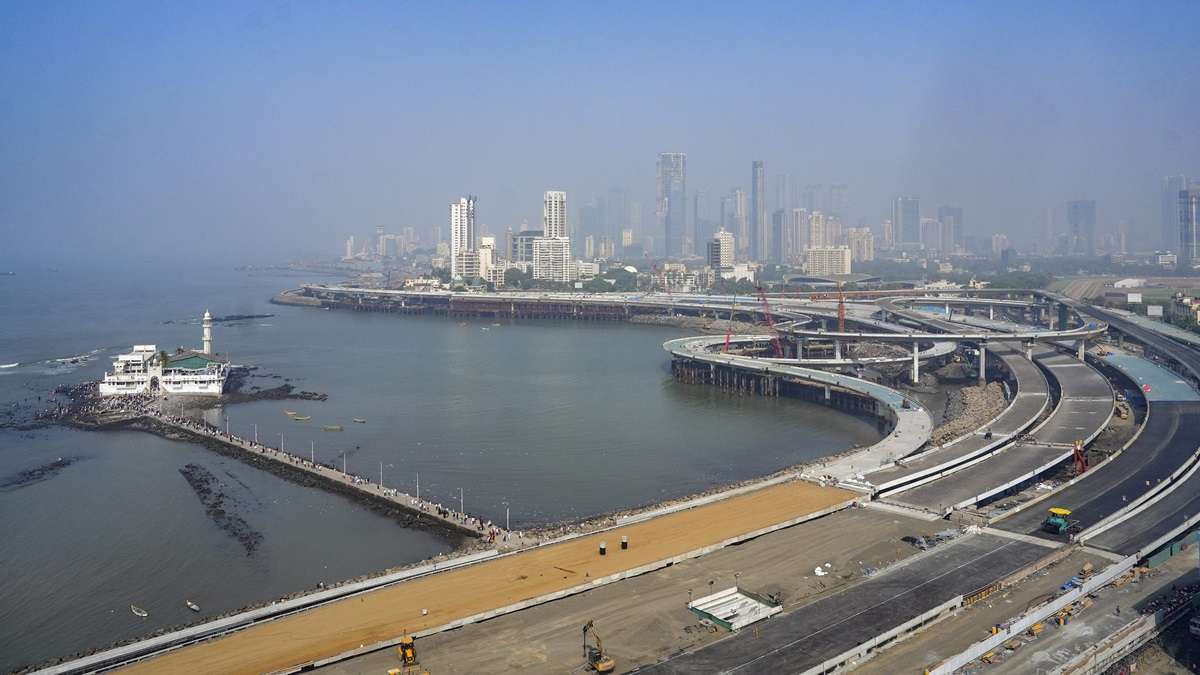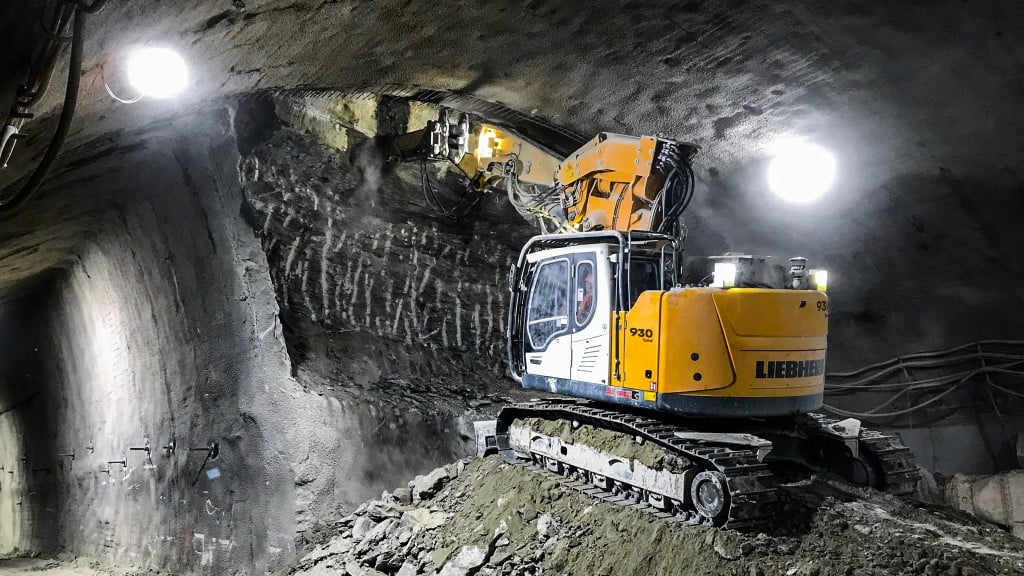Hydraulic breaker excavators are essential machines in heavy construction and industrial sectors, designed to handle the toughest breaking and demolition tasks. These powerful machines are widely used in various environments where precision and strength are crucial. Below are some of the key places where hydraulic breaker excavators play a vital role:
1. Mining Operations
Hydraulic breaker excavators are a staple in mining operations, especially when it comes to breaking through hard rock or other dense materials. In open-pit mining or underground mining, the hydraulic breaker is used to break rocks into smaller, manageable pieces for easier transportation and processing. Cities with extensive mining operations like Bellary, Kurnool, and Rajahmundry frequently use these machines to enhance productivity.
2. Demolition Projects
In urban areas or large construction zones, hydraulic breaker excavators are widely used for demolition. Whether it’s tearing down old buildings or removing large concrete structures, these machines provide the power and precision needed for breaking through reinforced concrete, walls, or other solid surfaces. They are commonly deployed in places like Mumbai, Pune, and Chennai for high-rise demolition work.
3. Road Construction and Maintenance
Road construction often requires breaking up old asphalt or concrete surfaces before new roads can be laid. Hydraulic breakers make quick work of roadbeds, bridges, and overpasses, helping contractors meet tight deadlines. This application is particularly common in cities undergoing rapid infrastructure development, like Bangalore, Hyderabad, and Ahmedabad.
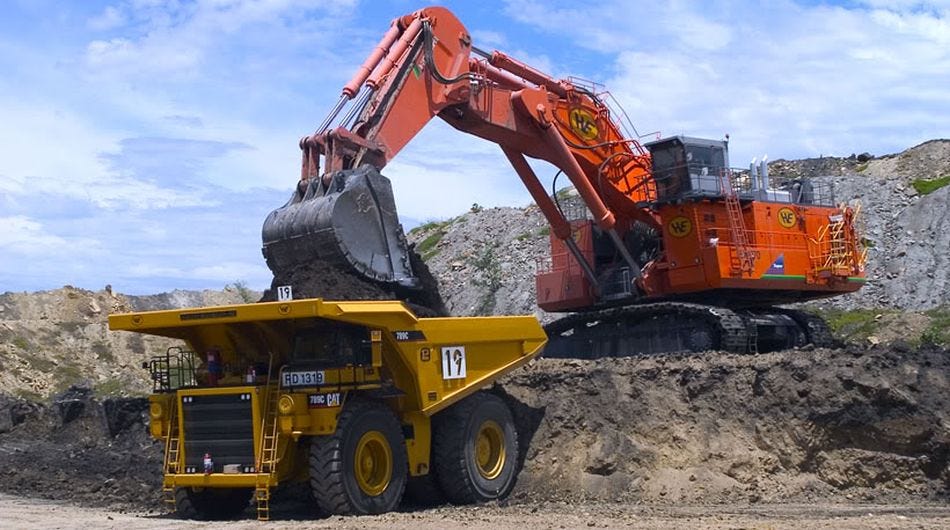
4. Quarrying
In quarries, hydraulic breaker excavators are used to extract stone, marble, and granite. The breaker helps split large blocks of stone into smaller, transportable sections. In cities like Jaipur, known for its stone and marble quarries, hydraulic breakers are indispensable for keeping operations running efficiently.
5. Breakwater and Coastal Construction
Along coastlines, hydraulic breakers are essential for breakwater projects, where large rocks and boulders need to be broken down to create barriers against waves. Cities like Visakhapatnam and Jamnagar, which have extensive coastal lines, rely on hydraulic breakers for such projects to protect shores and harbors from erosion and flooding.
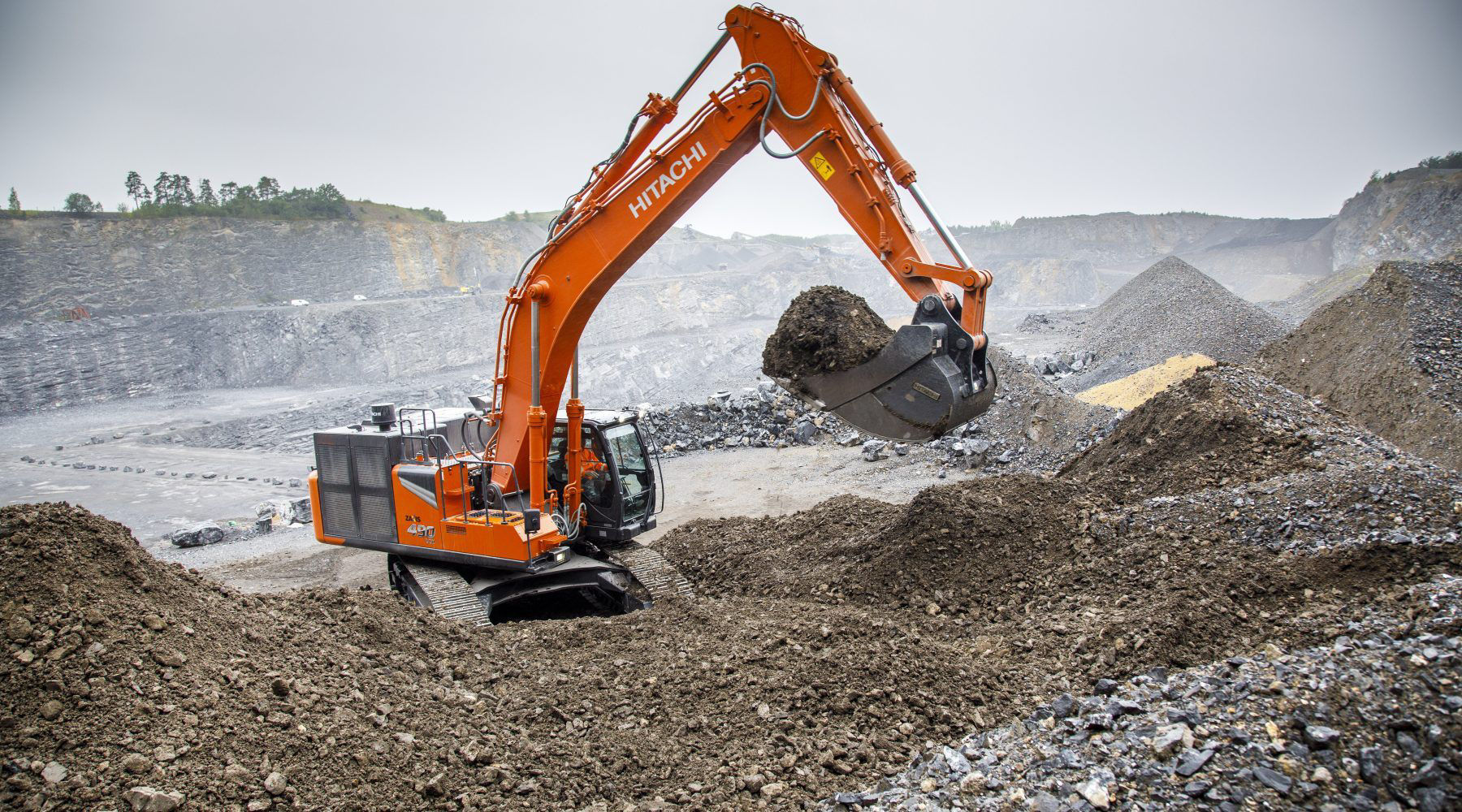
6. Land Development and Excavation
Land development projects often encounter large boulders or rock formations that need to be cleared before construction can begin. Hydraulic breaker excavators efficiently break through these obstacles, making them crucial for large-scale developments in cities like Pune, Thane, and Surat.
7. Tunneling and Underground Construction
Tunneling projects often require hydraulic breakers to dig through hard rock or concrete to create underground pathways. In cities with major underground construction projects, such as metro tunnels or underground facilities, hydraulic breaker excavators are invaluable. Cities like Chennai and Hyderabad, which have large metro construction projects, utilize these machines for efficient tunneling.
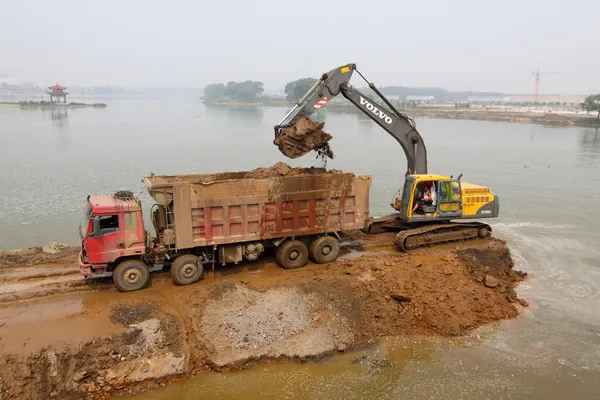
10. Dams and Water Projects
For large water infrastructure projects like dams, reservoirs, and spillways, hydraulic breaker excavators are used to remove rock or concrete during construction or maintenance. Areas with significant dam and water projects, such as Rajkot and Gandhinagar, make extensive use of these machines to handle the demanding work.
Conclusion
Hydraulic breaker excavators are versatile and powerful machines that play a crucial role in various industries and projects, from mining and demolition to road construction and coastal projects. Cities across India, including Pune, Mumbai, Bangalore, Hyderabad, and many others, depend on these machines to ensure efficient and timely project completion. Their ability to break through tough materials makes them indispensable in challenging environments, helping to keep infrastructure and industrial operations running smoothly.

